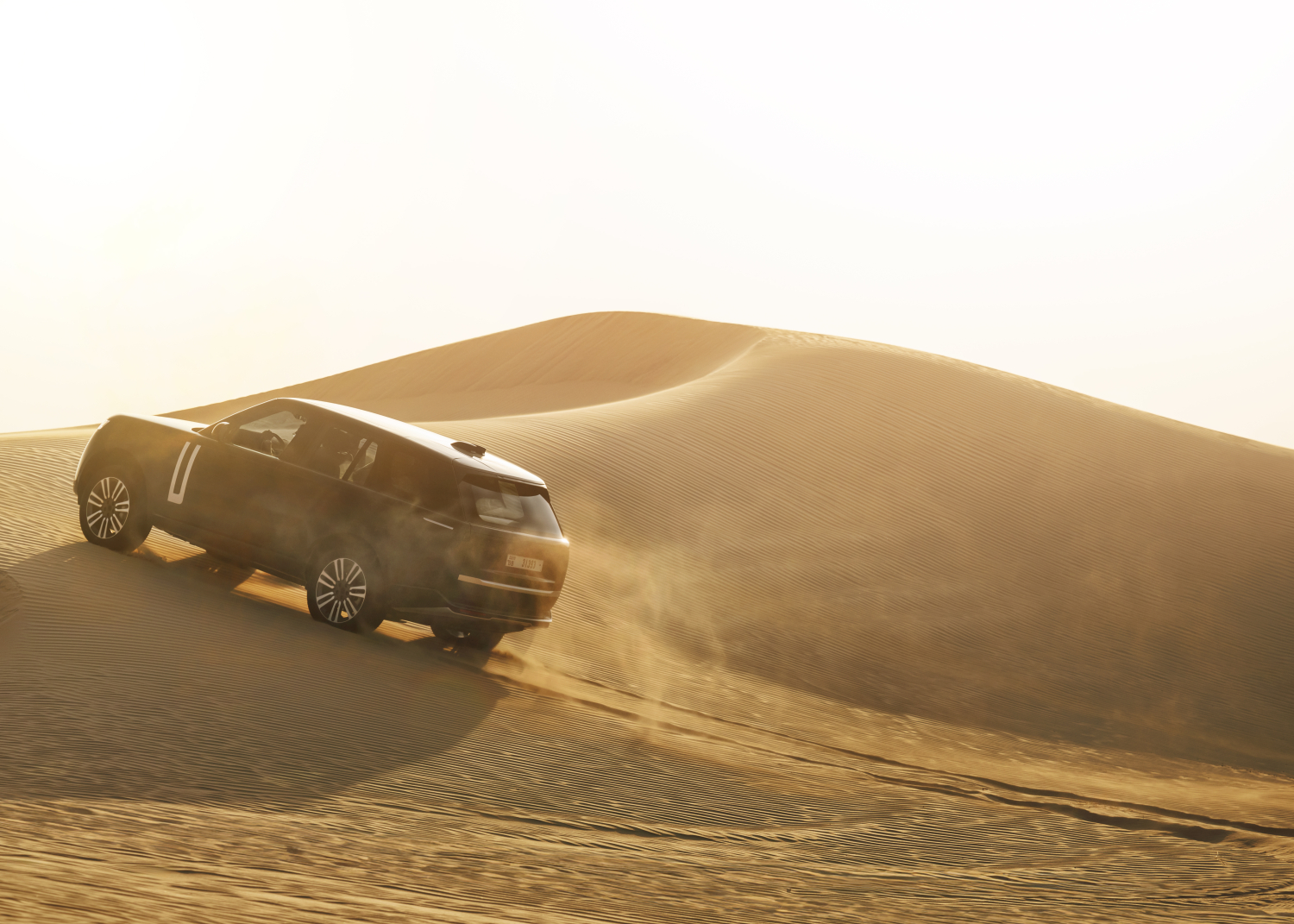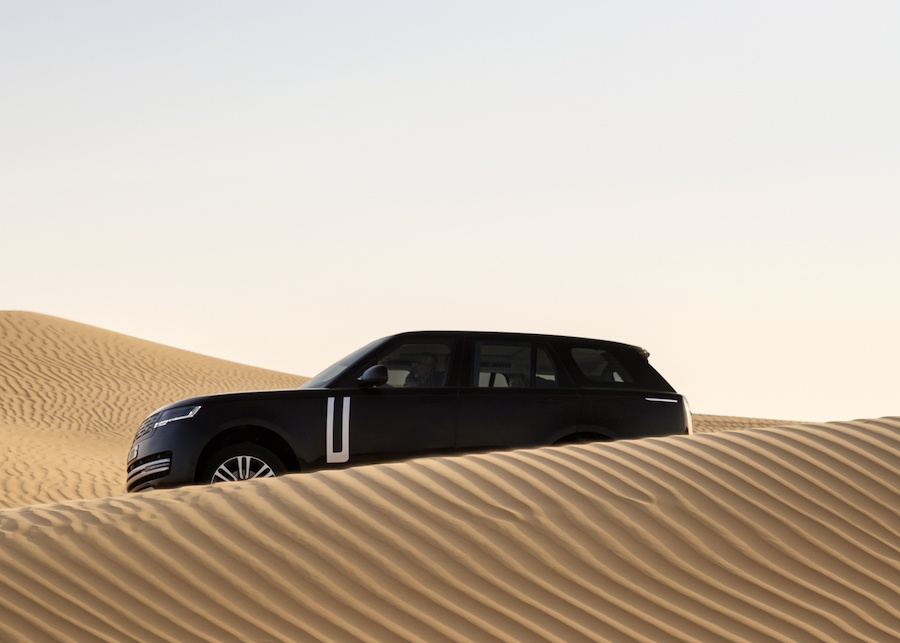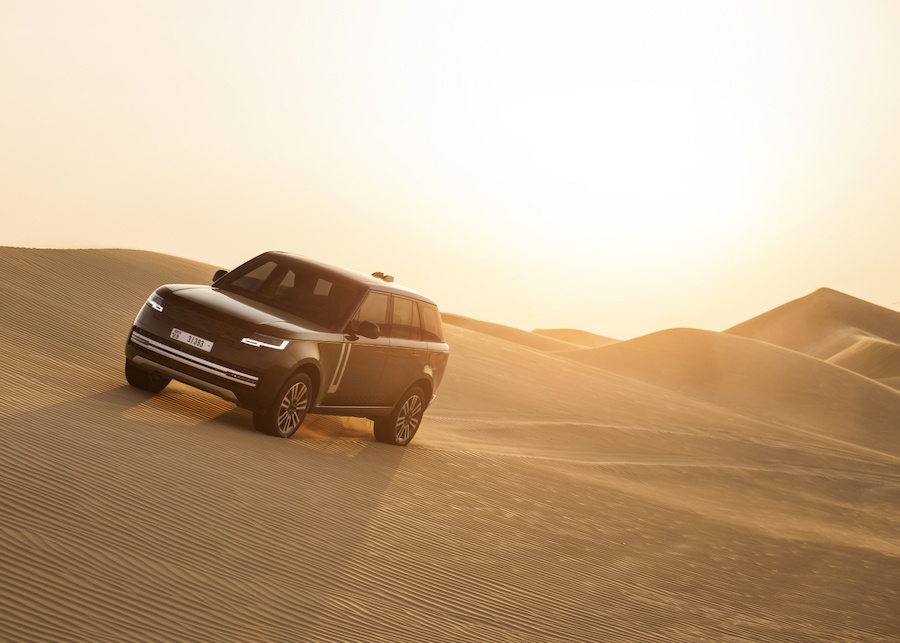The tests are happening in extreme desert conditions where temperatures hit 50C and humidity can reach 90 percent. Range Rover's engineers are focusing on how the electric SUV performs, how efficient it is, and how well it controls the temperature of its propulsion system. They're also checking its longevity and range in these harsh conditions.
The prototypes are tackling challenging desert climbs and city driving in the scorching sun. The goal? To make sure the vehicle can keep passengers comfortable while still delivering the capability Range Rover is known for.
Thomas Müller, the Executive Director of Product Engineering, explained why this testing is so important:
"A hot climate is one of the most challenging for any battery electric vehicle, because of the need to cool the cabin and optimise battery performance at the same time. The additional challenge of driving on sand requires controlled low-speed torque, so our specially developed traction control and thermal management systems work in harmony to ensure power delivery is unaffected. Our tests have shown that in this climate, repeatedly driving the equivalent of 100 metres uphill on fine sand, Range Rover Electric matches the performance of its ICE equivalents; in some instances, even surpassing them - thanks to the introduction of these new features."
The Range Rover Electric is showing off some impressive features. It's got a well-balanced weight distribution and an advanced suspension system that helps it stay stable and controlled in tough conditions. The SUV also has traction systems that deliver instant torque for quick acceleration and a smooth drive, even when navigating tricky dune formations.
One of the coolest new features is the Intelligent Torque Management system. It controls wheel slip directly at each wheel, reacting in as little as 1 millisecond. That's a big improvement from the previous 100 milliseconds and helps the SUV grip better on fine sand.
The team put the Range Rover Electric to the test at Sharjah's Al Badayer desert. There's a massive 100 meter (300-foot) dune there called 'Big Red'. The challenge? Climb it five times without losing any performance. The Range Rover Electric nailed it.
So far, the electric Range Rover is matching or even beating its gas-powered siblings in these tough conditions. It's handling the heat better than any previous Range Rover on sand, keeping its cool even during long, intense desert drives.
Range Rover is clearly putting a lot of effort into making sure its first electric SUV lives up to the brand's reputation for luxury and capability, no matter how extreme the conditions.
Source: Range Rover



